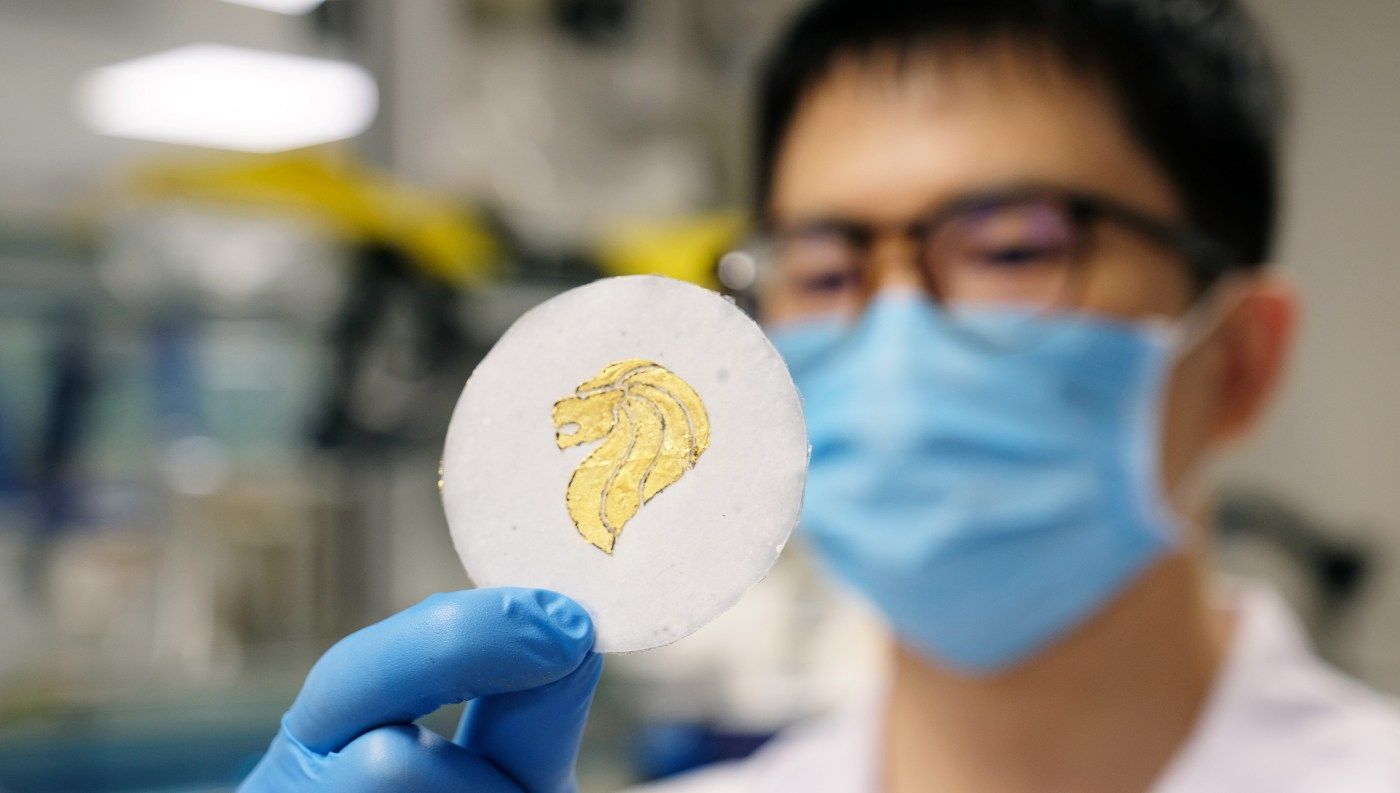
☀ Molecule can store solar energy for 18 years
A new energy system can store energy for up to 18 years and then release it as electricity when needed.
Share this story!
Researchers at the Chalmers University of Technology in Sweden have developed an energy system that can capture solar energy and store it for up to eighteen years. Together with a micrometer-thin thermoelectric generator, the system can then convert solar energy into electricity.
"This is a radically new way of extracting the sun's energy as electricity. We can produce electricity regardless of weather, time of day, season or geographical distance. It is a closed system that is operated without causing carbon dioxide emissions", says research leader Kasper Moth-Poulsen, professor at Chalmers, in a press release.
In brief, the technology is based on a specially designed molecule. When the molecule comes in contact with sunlight, the atoms of the molecule take on a new shape where they bind together in a different way. The molecule becomes an energy-rich isomer and this can be stored in liquid form for up to 18 years.
When electricity is needed, the thermoelectric generator can convert the energy into electricity while the molecule returns to its original shape. The molecules can also be sent to places that need electricity.
The method is fossil- and emission-free and the researchers see many potential uses.
"The generator is an ultra-thin chip that could be integrated into electronics such as headphones, smart watches and telephones. So far, only a small amount of electricity is generated, but the new results show that the concept works. It looks very promising", says Chalmers researcher Zhihang Wang.
The researchers have now shown that the method works and will now move on to make it more efficient.
"Together with the various research groups included in the project, we are now working to streamline the system. The amount of electricity or heat it can extract needs to be increased. Even if the energy system is based on simple basic materials, it needs to be adapted to be sufficiently cost-effective to produce and thus possible to launch on a broad front", says Kasper Moth-Poulsen.


By becoming a premium supporter, you help in the creation and sharing of fact-based optimistic news all over the world.



